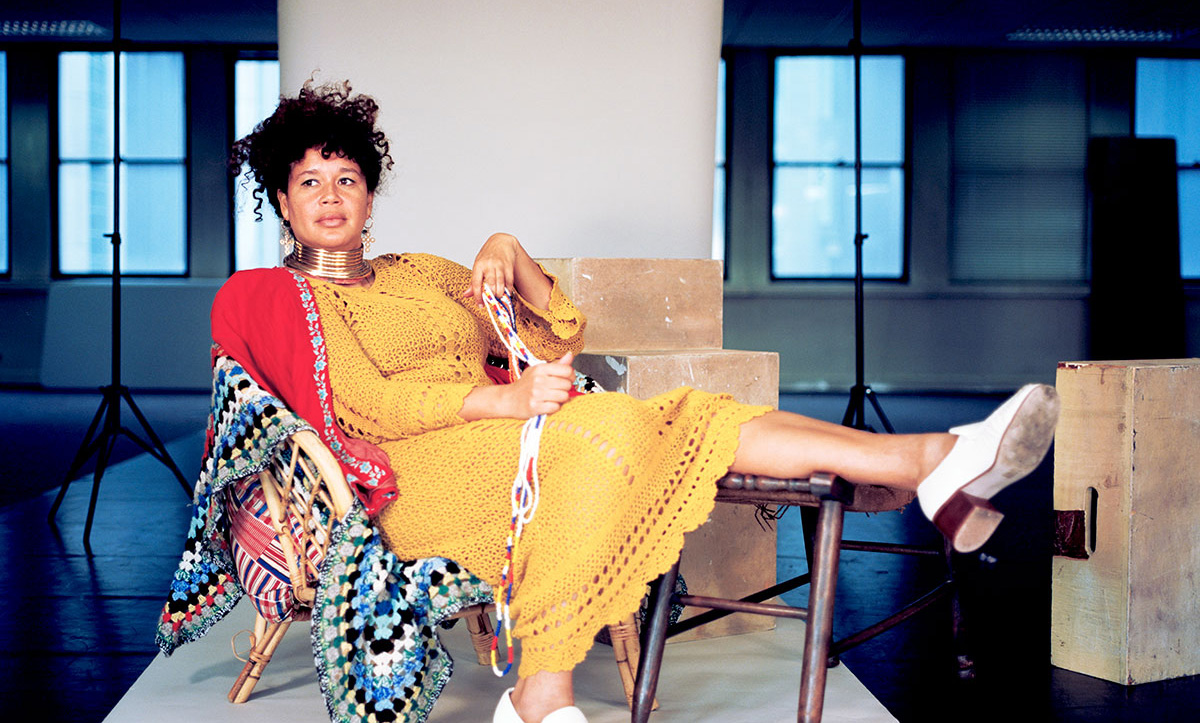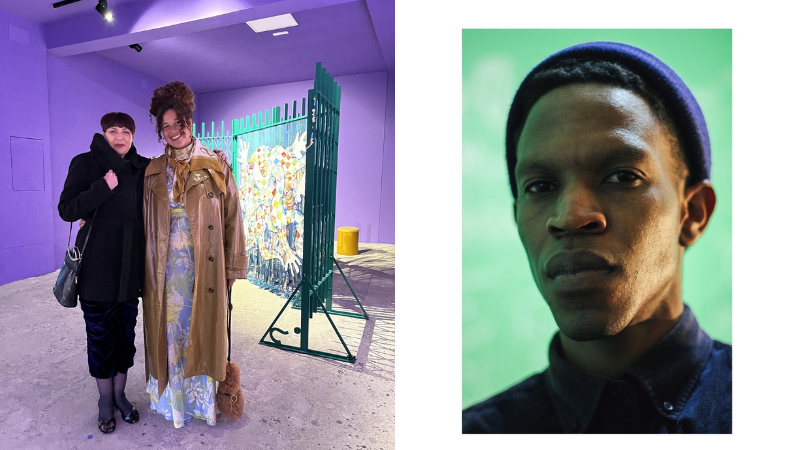29 November 2022 — Writing
Three questions with The Visual Identities in Art and Design Research Centre (VIAD)


The Visual Identities in Art and Design Research Centre (VIAD) is housed within the University of Johannesburg’s (UJ) Faculty of Art, Design and Architecture (FADA).
VIAD supports an international community of Visiting Professors, Research Associates, Affiliated Researchers and Postdoctoral Fellows, whose diverse research projects promote critical thinking (and feeling) around two core thematic currents in relation to visual practice, representation and culture, art and design practices:
- Africa and African diasporic histories, identities, and creative human practices.
- Practice-based engagements exploring connections between art, design, and the life sciences.
What were you most excited about for deep dive (pause) uncoiling memory?
It’s exciting to see Alberta develop themes that she has been working on for the last few years since she has been a Research Associate in VIAD into a full feature film. These themes, which include the African diaspora and the decolonisation of Western histories, set against the backdrop of colonialism, xenophobia and climate change, are of utmost relevance to audiences in South Africa, and globally.
For us, the fact that Alberta draws on her personal history of having lived in Scotland, South African and the Carribean is extremely relevant, as we, in South Africa, are not always aware of how colonialism played out in Scotland or the Carribean. It is exciting to see how different histories and communities connect in these contexts, and how it can foster transnational conversations and the colonial histories that connect the three countries.
How has working with Alberta impacted you?
It has been inspiring to work with Alberta, and we place high value on her Research Associateship with VIAD. Everything she takes on is done with the utmost sincerity and commitment and her work comes from a place of deep integrity. Her work carries strong references to issues such as Black care, dignity, beauty, power and strength, while simultaneously speaking of deep trauma and loss.
Again, in light of South Africa’s traumatic history of colonialism and apartheid, three underpinning themes of grief and mourning; the violence inflicted on the Black body, and the privilege of white power carry enormous resonance – both historically and in our contemporary post-apartheid context.
Do you make intentional time to pause?
In VIAD, we are usually so busy moving from one project to the next, that there is little time to pause and reflect. Alberta’s work brings home the fact that it is so important to make the time to take it slowly and to reflect on what is really important, and consequently, to let that which is not of absolute value go.

